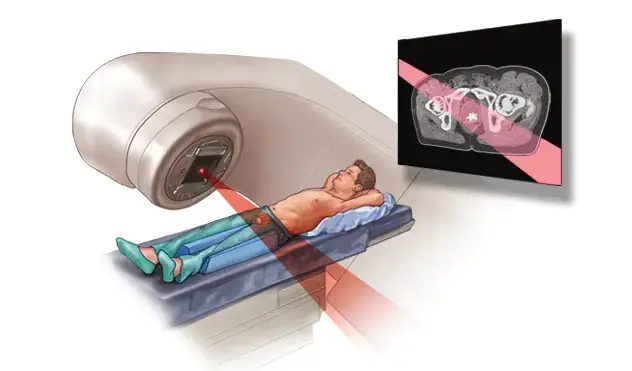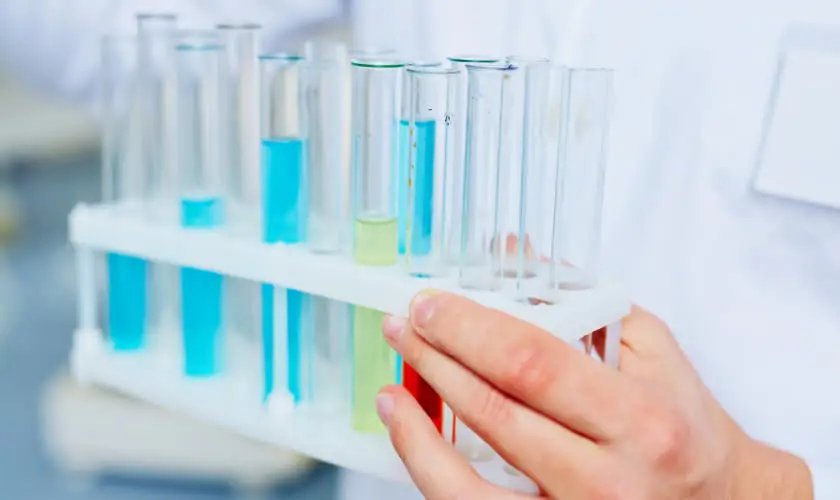Radiation therapy is a common treatment option for prostate cancer, offering hope and healing to many patients. However, like any medical procedure, it can come with side effects. In this comprehensive guide, we explore the various side effects of prostate radiation and provide valuable insights to help you navigate your treatment journey.
Table of Contents
Prostate Radiation Therapy: A Vital Treatment

Prostate cancer is one of the most prevalent cancers among men, and radiation therapy is a crucial tool in the fight against it. This targeted approach involves the use of high-energy rays to destroy cancer cells and shrink tumors. While it can be highly effective, it’s essential to be aware of potential side effects.
Common Side Effects of Prostate Radiation
1. Urinary Side Effects
– Frequent Urination: Many patients experience an increased urge to urinate during and after radiation therapy. This is usually temporary and subsides once treatment concludes.
– Urinary Urgency: Some men may find it challenging to control the urgency to urinate, leading to discomfort.
– Blood in Urine: Radiation can irritate the urinary tract, occasionally causing blood in the urine. This is typically not a cause for concern and resolves on its own.
2. Bowel Changes
– Diarrhea or Constipation: Radiation can affect the lining of the rectum, leading to bowel changes. Dietary adjustments and medications can help manage these symptoms.
3. Sexual Function
– Erectile Dysfunction: Radiation therapy may contribute to erectile dysfunction, though the extent varies from person to person. Discuss potential treatments and strategies with your healthcare provider.
4. Fatigue
– General Fatigue: Many patients report feeling fatigued during radiation treatment. Rest, a balanced diet, and light exercise can help alleviate this.
5. Skin Reactions
– Skin Irritation: Radiation can cause skin redness or irritation in the treatment area. Moisturizing creams recommended by your healthcare provider can provide relief.
6. Long-Term Effects
– Bladder or Bowel Problems: In rare cases, long-term side effects like bladder or bowel problems can occur. Regular follow-ups with your medical team are crucial to detect and manage these issues early.
Coping with Prostate Radiation Side Effects
While side effects are possible, it’s essential to remember that many individuals undergoing prostate radiation therapy experience minimal or manageable discomfort. Here are some strategies to cope with potential side effects:
- Open Communication: Maintain open and honest communication with your healthcare team. They can provide tailored advice and solutions.
- Diet and Hydration: A balanced diet and staying hydrated can help mitigate urinary and bowel side effects.
- Medications: Your doctor may prescribe medications to alleviate specific side effects, such as diarrhea or erectile dysfunction.
- Exercise and Rest: Engaging in light exercise and getting adequate rest can combat fatigue and boost overall well-being.
- Support Network: Lean on friends, family, or support groups for emotional support and guidance throughout your treatment.
In Conclusion
Prostate radiation therapy is a vital component of prostate cancer treatment, offering hope and improved quality of life for countless individuals. While it may come with side effects, it’s crucial to remember that these effects can vary widely and are often manageable.
We are committed to providing you with accurate and comprehensive information to help you navigate your prostate cancer treatment journey. If you are facing prostate radiation therapy, consult with your healthcare provider to develop a personalized plan that addresses potential side effects and enhances your overall well-being. Remember, you are not alone, and there are resources and strategies available to support you through this challenging but hopeful time.

